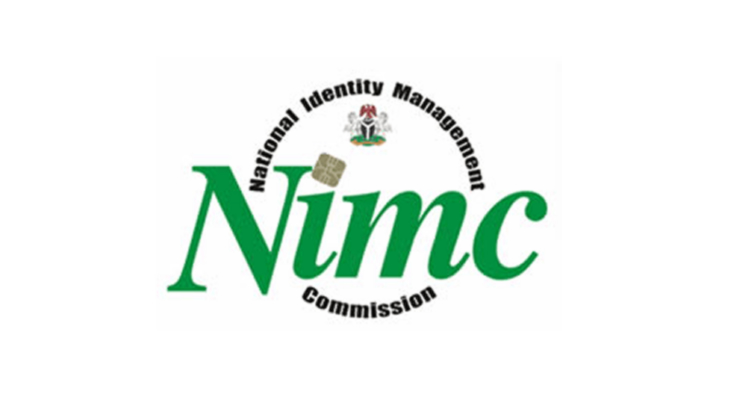The National Identity Management Commission (NIMC) is poised to revolutionize access to government services and financial inclusion with the introduction of a new, multi-functional National Identification Number (NIN) card. This enhanced card aims to streamline government-to-citizen interactions, particularly for vulnerable populations, while simultaneously boosting economic activity and promoting financial inclusion across Nigeria. The card’s integrated features will offer a secure and verifiable platform for accessing government interventions, mitigating challenges previously encountered in identifying beneficiaries and ensuring efficient distribution of resources. Furthermore, the initiative aligns with the NIMC’s broader mandate of enrolling Nigerians and issuing general-purpose cards, solidifying its role in developing a robust digital identity ecosystem.
Central to the new NIN card’s functionality is its ability to address the historical difficulties in accurately targeting beneficiaries of government programs. The card will serve as a secure and verifiable identifier, eliminating ambiguity and ensuring that resources reach their intended recipients. By leveraging the existing NIN infrastructure, the program offers a practical and cost-effective solution to enhance the transparency and accountability of government interventions. This move is expected to significantly improve the effectiveness of social welfare programs and other government initiatives designed to support vulnerable populations.
Beyond its role in facilitating government services, the new NIN card also integrates payment functionalities, transforming it into a comprehensive financial tool for Nigerians. This “three-in-one” card will not only serve as a form of identification and access point for government services but also facilitate financial transactions, promoting financial inclusion, particularly for the unbanked population. The integrated payment system will enable users to conduct a range of financial activities, from paying utility bills and transportation fares to making purchases, all within a secure and easily accessible platform.
The NIMC’s collaborative approach with key stakeholders, including the Nigeria Interbank Settlement Systems (NIBSS), AfriGO, and Data Mining Company, underscores the comprehensive nature of this initiative. This partnership brings together expertise in identity management, financial technology, and data analysis to create a robust and scalable solution. The resulting digital card, equipped with multiple wallets, is designed to drive financial inclusion and contribute to Nigeria’s overall economic growth. By providing a secure and convenient platform for financial transactions, the card is expected to empower individuals and businesses, stimulating economic activity and broadening access to financial services.
The rollout of the new NIN card is already demonstrating tangible benefits across various sectors. Farmers registered under the Federal Ministry of Agriculture and Food Security have adopted the card for accessing government services, including agricultural loans, seedlings, and other inputs. This streamlined access to essential resources is expected to bolster food production and enhance food security. Furthermore, the card will facilitate access to government loans for students, supporting educational advancement and human capital development. These practical applications highlight the transformative potential of the new NIN card in addressing socio-economic challenges across diverse segments of the Nigerian population.
The new NIN card aligns with President Bola Tinubu’s eight-point agenda, reflecting the government’s commitment to leveraging technology for national development. By providing a secure and accessible platform for accessing government services and conducting financial transactions, the card is designed to empower citizens, promote financial inclusion, and stimulate economic growth. The card’s advanced security features, including tamper-proof design and biometric authentication, ensure the integrity of the system and prevent fraudulent activities. This robust security framework is crucial for building public trust and ensuring the long-term success of the program. Furthermore, the card’s offline functionality extends its reach to rural and underserved communities, bridging the digital divide and ensuring that all Nigerians can benefit from its transformative potential. The domestic development of the card also underscores the government’s focus on fostering local innovation and ensuring data sovereignty, contributing to Nigeria’s economic independence and technological advancement.














